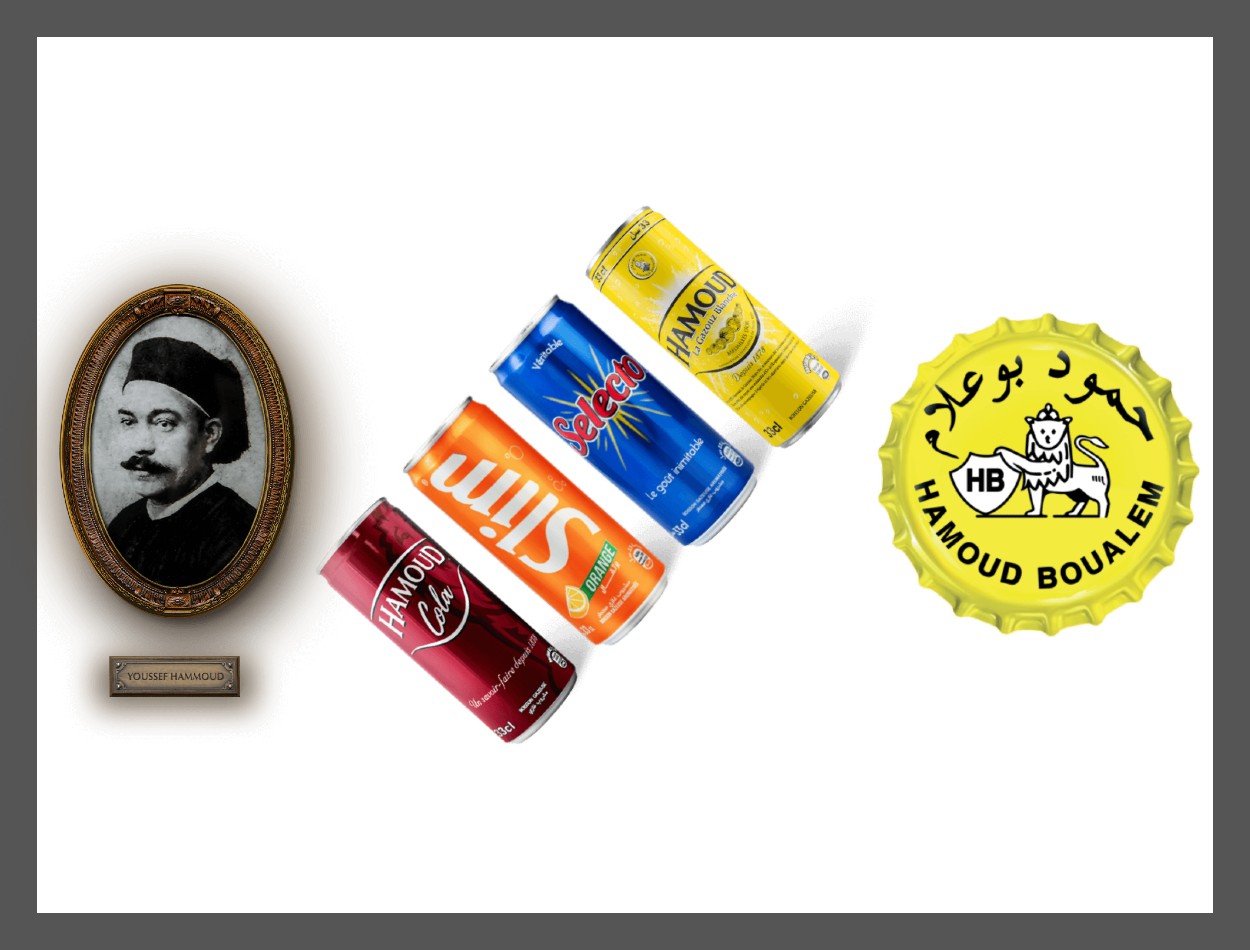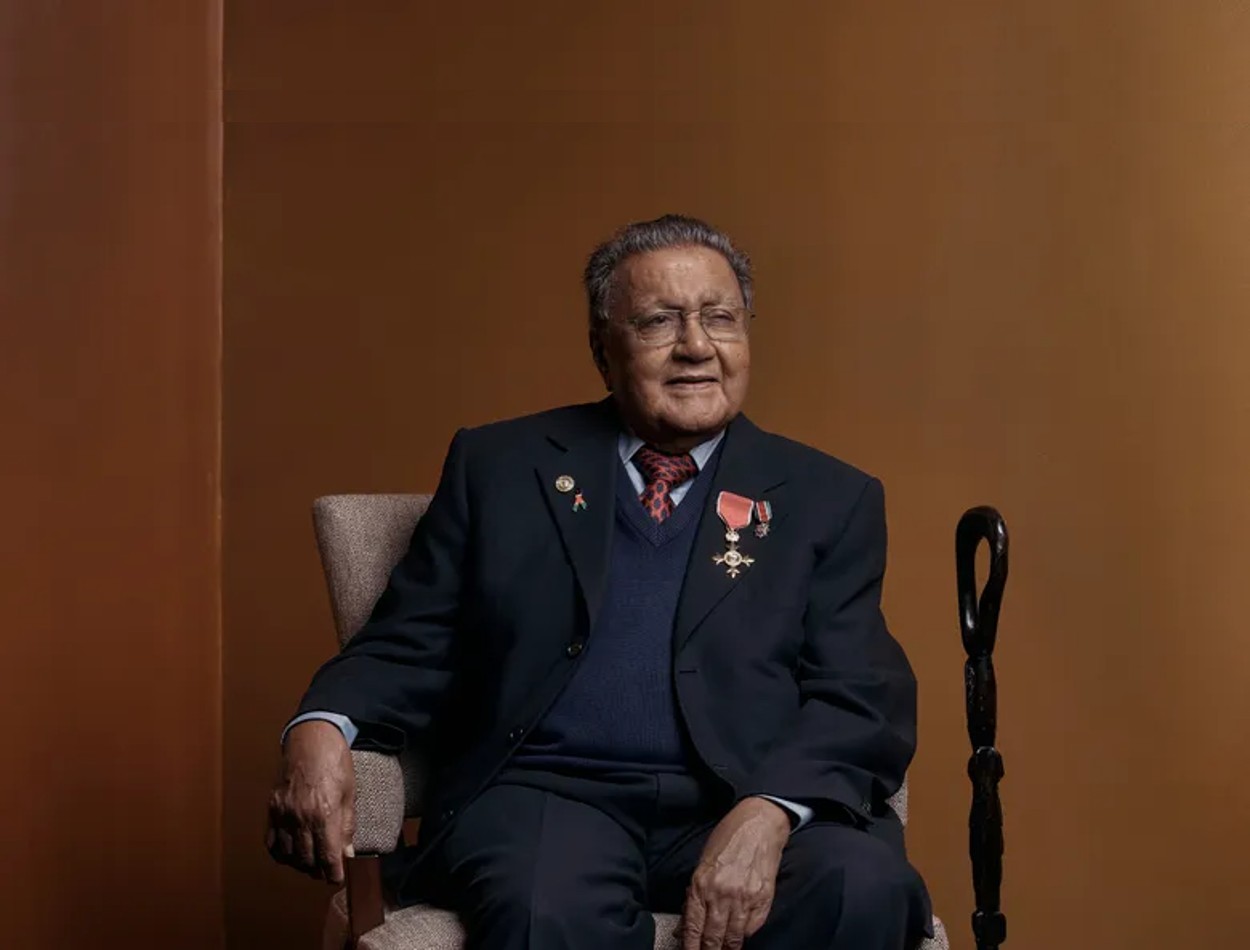South African retail billionaire Christoffel ‘Christo’ Wiese commands much attention among his peers with a career spanning many decades and a portfolio that has made a mark in the Rainbow Nation and other African countries.
Like most billionaires on the African continent, Wiese’s journey to the top is one marked with triumphs and controversies.
The 82-year-old investor recently told Bloomberg that he is thinking of going back to where it all started: diamonds.
“I’ve always been fascinated by diamonds because it’s that amazing industry where you plod along and then one day stumble on a big stone that can change your whole life. This stretch of the Atlantic Ocean produces some of the world’s highest-quality diamonds,” he told Bloomberg.
The 82-year-old tycoon is the largest single shareholder of Shoprite Holdings, one of Africa’s largest supermarket chains, with investments in other retail interests.
His stake stands second to Public Investment Corporation Limited, which holds a 17.1-percent stake in the group.
The billionaire’s shareholding is currently valued at R14 billion ($733 million), making him one of the wealthiest investors on the Johannesburg Stock Exchange (JSE).
Over time, his investments have extended beyond the retail sector into other industries, including mining and finance.
Son of a farmer
Born in 1941 in Upington, South Africa, to a cattle and sheep farmer, Wiese’s rise to the top was not as smooth sailing as many people would think.
He graduated in 1967 from Stellenbosch University with a law degree. He joined the retail business, Pep, founded during his time in school briefly before leaving to practice law.
During his brief departure from Pep, he unsuccessfully ran for a parliamentary seat under the Progressive Federal Party before returning.
In 1976, Christo Wiese entered the world of alluvial diamonds by purchasing a mine situated along the Orange River.
Although not as expansive as those under the ownership of De Beers, the world-renowned diamond producer, Wiese’s mine ranked among the largest in the country.
The venture was his first foray into the real world of business, and from there he kept rising, making strategic decisions a step at a time.
Five years later, Wiese made the strategic decision to divest from the diamond business.
His motivation stemmed from a desire to secure capital for a new investment: acquiring control of the clothing chain Pepkor.
This shift in focus proved worthy, as Pepkor would ultimately emerge as Wiese’s most significant asset.
The making of a retail giant
After exiting the diamond mining business, Wiese increased his stake in Pep, becoming the biggest shareholder and later the chairman in 1981.
He remained the company Pepkor and presided over its expansion, acquiring other retail chains.
Some of the retail chains that the tycoon acquired on his way to the top include Cashbuild, Checkers, Smart Group Holdings, and Stuttafords, all of which he bought in 1991.
That same year, he opened the first store in Scotland, United Kingdom.
From the 1990s, Wiese built the retail empire, Shoprite and expanded operations across Africa and Europe.
The Johannesburg Stock Exchange-listed retailer has operations in 11 other African countries with over 1500 and 300 franchise outlets.
The company is also listed on the Zambia and Namibian stock exchanges.
Wiese suggests that Shoprite is evolving into a digital-first enterprise with a grocery store component.
Shoprite’s Checkers Sixty60, South Africa’s inaugural one-hour grocery delivery app, accounts for over three-quarters of the nation’s expenditure on immediate delivery of groceries.


Steinhoff saga
Wiese’s reputation took a hit in recent years due to his involvement in the collapse of Steinhoff International, a multinational retail holding company based in South Africa.
Wiese was the former chairman of Steinhoff, and the company faced a massive accounting scandal in late 2017, leading to a significant loss in shareholder value and legal battles.
Wiese himself suffered substantial personal financial losses due to the collapse of Steinhoff’s share price.
In 2014, he had swapped his $2.5 billion ownership in Pepkor for shares in Steinhoff.
However, Steinhoff’s auditors declined to approve its financial statements due to the discovery of financial irregularities.
This led to the collapse of Steinhoff’s stock value, plummeting by approximately 90%.
Subsequent investigations revealed that the company’s leadership had substantially overstated profits.
Despite these revelations, Wiese maintained that he had no prior awareness of the wrongdoing.
The implosion saw the tycoon’s net worth fall to $1.2 billion up from $7 billion, according to Bloomberg Billionaire’s Index.
Other investments
Weise has also been involved in various land and property investments throughout his career.
Wiese’s property portfolio may include a range of assets, such as residential properties, commercial real estate, land holdings, and investments in real estate development projects.
Given his diverse business interests, he owns properties both within South Africa and internationally.
The properties include a 4,000-hectare (9,884-acre) Lourensford Wine Estate near Cape Town and a private wildlife reserve in the Kalahari Desert.
The other notable companies owned by the billionaire include:
- Premier Group
Christo Wiese boasts a 46.7% ownership in Premier Group, a South African fast-moving consumer goods entity.
Established in 1820, Premier Group offers a wide array of products, spanning flour, bread, baked goods, confectionery, home and personal care items, as well as specialized baby and cosmetic range products.
Wiese’s influence in the South African food industry extends beyond his direct involvement with Premier Group; he also holds an indirect 28.5% stake in Brait, further amplifying his impact in this sector.
- Invicta Holdings
Wiese maintains a notable 19.23% ownership stake in Invicta Holdings, an investment firm engaged in the distribution of engineering components and consumables.
Operating across South Africa, the rest of Africa, Europe, and the United States, Invicta Holdings distributes engineering consumables and fluid technology products, offering clients comprehensive on-site installation, maintenance, and solution services.
- Brait Plc
As a significant South African investment holding company, Brait oversees a diverse portfolio of notable unlisted businesses in the consumer sector, including Premier Group, Virgin Active, and Consol.
Christo Wiese is among its esteemed shareholders, with a 28.5% stake in the company valued at R1.2 billion ($62.9 million).
This investment further cements Wiese’s position as one of South Africa’s wealthiest and most influential investors.
- Trans Hex Group Ltd
A mining venture co-owned by Christo Wiese and his son-in-law intends to expand its focus beyond diamonds to include other valuable minerals and metals such as phosphate, lithium, gold, and platinum.
Using four large ships equipped with specialized equipment, the company employs a method of extracting these resources by vacuuming gravel from the ocean floor. This material is then processed onboard the ships.






